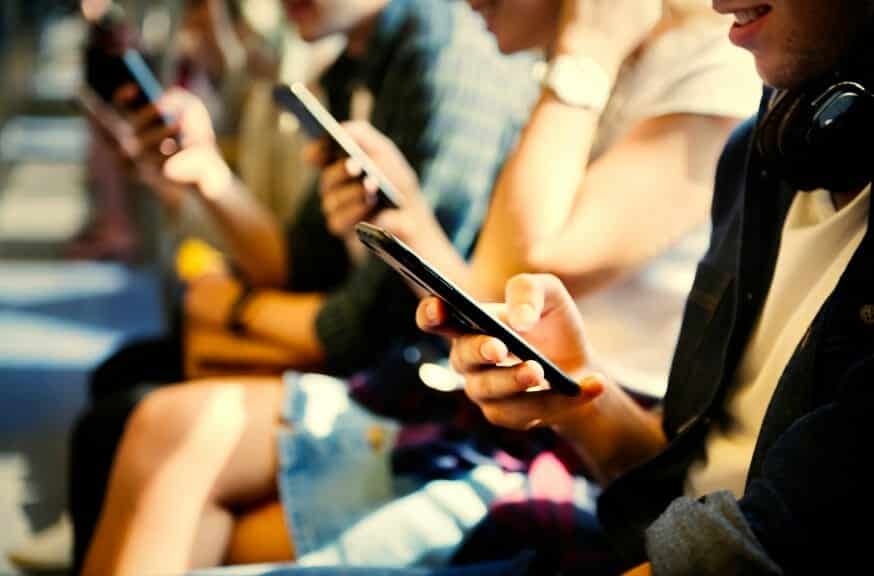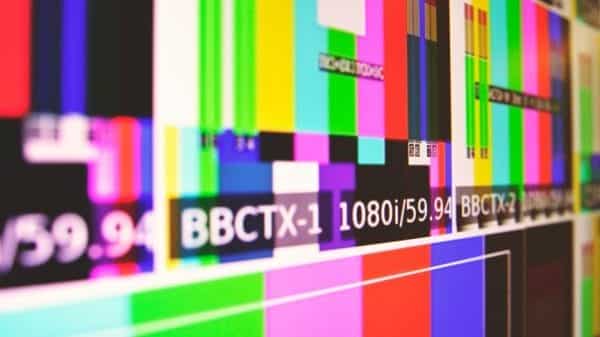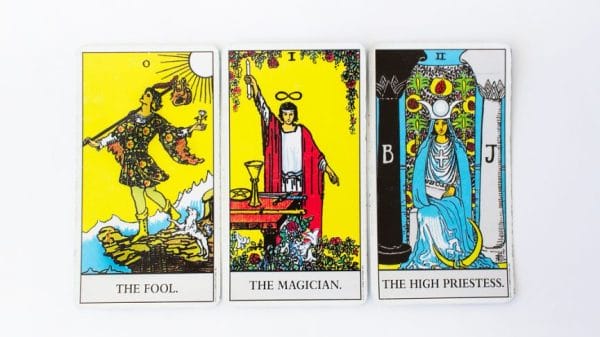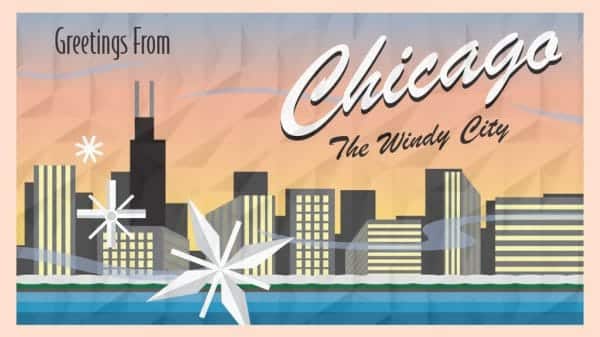In the span of a few short decades, social media has emerged as a formidable force that has revolutionized the way we communicate, share information, and interact with the world around us.
The impact of social media on society cannot be overstated. It has not only changed the way we connect with one another but has also reshaped our culture, influenced politics, transformed marketing and advertising, and fundamentally altered the way we live our lives.
The power in social media could be explored by comparing it to traditional media, examining its influence on various aspects of our lives, and shedding light on the profound changes it has brought to our world.
Social Media vs. Traditional Media
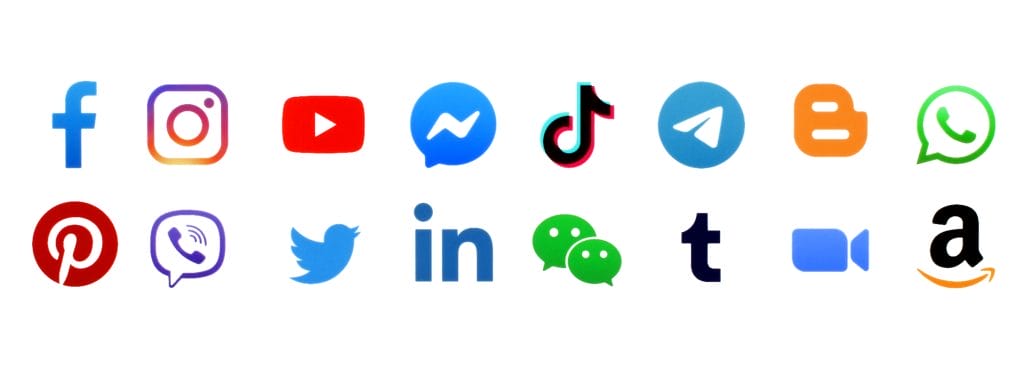
Social media and traditional media serve as two distinct pillars of communication, each with its own set of strengths and weaknesses. Traditional media, encompassing newspapers, television, radio, and magazines, has been the primary source of information and entertainment for generations. However, social media has disrupted this traditional landscape in numerous ways.
- Speed and Accessibility: Social media platforms like Facebook, Twitter, and Instagram have made information dissemination nearly instantaneous. Unlike traditional media, which relies on editorial processes and production timelines, social media allows anyone to share news, opinions, and updates in real-time. This accessibility has accelerated the pace of news and information consumption, making it easier for people to stay informed about current events.
- User-Generated Content: Social media has empowered individuals to become content creators and influencers. Anyone with an internet connection can publish content, share their perspectives, and amass a following. This democratization of media has given a voice to previously marginalized groups, enabling diverse voices and opinions to be heard.
- Interactivity: Unlike traditional media, which is typically a one-way communication channel, social media encourages interaction and engagement. Users can comment, like, share, and engage in discussions, fostering a sense of community and connectivity.
Changing the World

The transformative power of social media extends to various facets of our lives, including culture, news, shopping, marketing, advertising, and politics.
Culture & Consumerism
- Cultural Influence: Social media has played a pivotal role in shaping popular culture. Trends, fashion, and viral challenges spread like wildfire on platforms like TikTok and Instagram. Cultural phenomena such as memes, viral videos, and internet slang have become integral parts of modern culture, often originating and proliferating through social media.
- Shopping: E-commerce has experienced exponential growth due to social media. Platforms like Instagram and Pinterest have introduced shopping features, enabling users to discover and purchase products directly through their feeds. Influencer marketing has also reshaped the way brands promote and sell products, with influencers showcasing products to their followers.
- Marketing and Advertising: Social media has revolutionized marketing and advertising strategies. Targeted ads and sponsored content have become more effective as platforms use user data to deliver personalized advertisements. The ability to track engagement and measure ROI has made social media a key player in advertising budgets.
News & Politics
- News and Information: The way we consume news has undergone a profound shift. Social media has become a primary source of news for many, allowing information to spread rapidly. While this democratizes information access, it also raises concerns about the spread of misinformation and fake news. Social media platforms are continuously refining their efforts to combat misinformation and promote credible sources.
- Politics: Social media has become a powerful tool in political campaigns and activism. Political leaders and candidates utilize platforms like Twitter to connect with constituents and share their messages. Social media has also facilitated grassroots movements and allowed marginalized voices to mobilize and advocate for change.
The Dark Side of Social Media
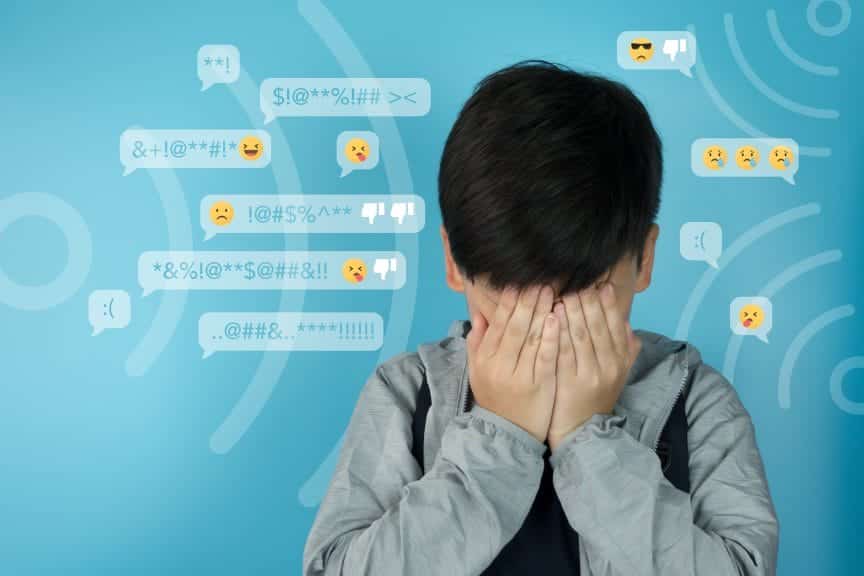
While the impact of social media has been largely positive, it’s important to acknowledge its darker aspects. Issues such as cyberbullying, privacy concerns, and the spread of hate speech have come to the forefront. Social media platforms are grappling with the challenge of creating safe and responsible online environments while preserving free expression.
The Power Of Social Media
Social media’s evolution from a niche communication tool to a global phenomenon has transformed the way we live, work, and interact with the world.
Its influence on culture, news, shopping, marketing, advertising, and politics is undeniable. While social media has brought numerous benefits, it has also presented challenges that require continuous attention and solutions.
As we navigate the ever-changing landscape of social media, it’s clear that its power to shape our world will only continue to grow. The key lies in harnessing this power responsibly, ensuring that it contributes positively to our lives and society as a whole.


